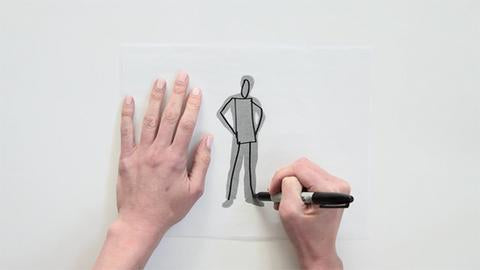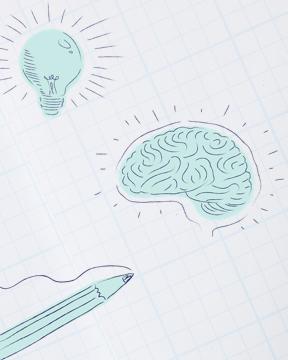Empathy & Insights Articles
Empathy is at the heart of design. Learn techniques to better understand what others see, feel, and experience and gain invaluable user insights.
31 articles
Empathy & Insights
- Page 1 of 3
- Next page















 Jim Keane, President and CEO of Steelcase, shares techniques for empowering your employees to make decisions through humble and empathic leadership.
Jim Keane, President and CEO of Steelcase, shares techniques for empowering your employees to make decisions through humble and empathic leadership.












